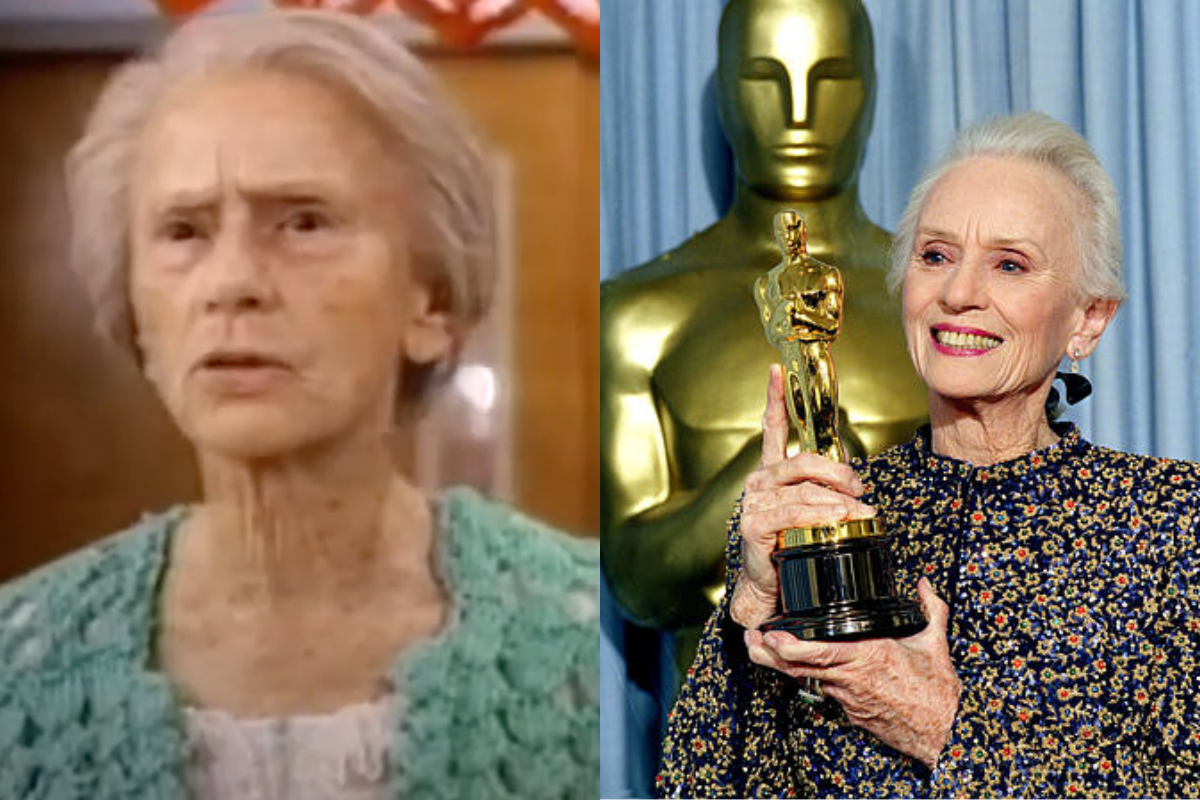
As streaming platforms continue to mine the past for cinematic treasures, Fried Green Tomatoes, the 1991 Southern drama that first flew under the radar, is now emerging as one of the most subtly subversive films of its time. Its return to the spotlight, thanks to a remastered release on Netflix, has prompted a new wave of appreciation — not just for its charm and heart, but for its quiet rebellion.
Set in the fictional town of Whistle Stop, Alabama, the film speaks to American history as much as it does to individual human connection. With its richly drawn female characters and its exploration of race, class, and queer-coded relationships, Fried Green Tomatoes offers a mirror to a South many would rather forget — and one that many never knew existed.
A Hidden History Beneath the Hospitality
On the surface, Fried Green Tomatoes is a tale about friendship across generations: Evelyn Couch, a middle-aged housewife stuck in suburban stagnation, befriends an elderly woman named Ninny Threadgoode, whose captivating stories about her youth begin to transform Evelyn’s life. But underneath the sweet tea and nostalgic storytelling lies something far more daring.
The stories revolve around Idgie Threadgoode, a fiercely independent young woman, and Ruth Jamison, a gentle soul fleeing an abusive marriage. Together, they build a life — and a business — in a small Southern town where racism, sexism, and gossip run deep.
Though the film doesn’t openly label Idgie and Ruth’s relationship, it has long been read as a lesbian romance — a decision that, in the early ’90s, allowed the film to maintain mainstream appeal while still planting seeds of queer representation.
But their bond, romantic or not, is undeniably radical. In a world defined by strict social codes, Idgie and Ruth choose their own path. They raise a child together. They defy authority. They build a family not based on blood, but on loyalty, love, and shared pain.
A Critique of Southern Myths

The film is remarkable for how it exposes the South’s contradictions — especially in its treatment of race. Through side characters like Sipsey (played by Cicely Tyson), a Black woman who helps run the Whistle Stop Cafe, and Big George, her son, the film lightly touches on the brutal injustices faced by Black communities.
In one of the film’s boldest scenes, Sipsey kills Ruth’s abusive husband to protect the family — and the women cover it up. It’s a moment that re-centers justice away from institutions and back into the hands of women who understand that the law doesn’t always serve the righteous.
Critics at the time gave the film warm but modest praise. Few labeled it political. But in hindsight, Fried Green Tomatoes was making bold statements — about found family, about survival, and about who gets to write the rules in a world stacked against them.
Rediscovered and Reframed
Today, the film is finding new audiences — especially among younger generations who are more vocal about issues of race, gender identity, and representation. On platforms like Tumblr, TikTok, and Reddit, the hashtag #QueerCanon often includes Fried Green Tomatoes, with fans creating edits, fan art, and essays that explore the film’s subtextual meaning.
Critics are also re-evaluating the film with a modern eye. A recent piece in The Atlantic called it “a radical feminist text disguised as Southern comfort,” and cultural scholar Dr. Lena Green described it as “a pivotal work in the evolution of mainstream queer cinema, even if its queerness was half-whispered.”
Meanwhile, Fried Green Tomatoes has become a teaching tool in universities across the United States, featured in courses on Southern literature, gender studies, and American film. “It’s not just a movie,” one professor noted. “It’s a portal into the hidden histories of the American South.”
What Comes Next?
With the film’s growing popularity on Netflix and strong fan support, insiders suggest that a Fried Green Tomatoes limited series is in the works. Early reports indicate the new adaptation could be more direct in its depiction of Idgie and Ruth’s relationship and more nuanced in addressing race, class, and intersectionality in the early-to-mid 20th century South.
Whether or not the series materializes, the renewed attention is a win for a film that once risked being forgotten. It proves that quiet, character-driven stories can stand the test of time — especially when they’re rooted in truth.
A Legacy Fried in Love and Resistance
Fried Green Tomatoes didn’t need grand speeches or graphic scenes to make its point. Its power was always in the subtleties: in a glance, in a plate of food passed across a table, in the defiance of two women who simply refused to conform.
As the world reexamines its past and searches for healing stories in uncertain times, Fried Green Tomatoes offers more than comfort — it offers clarity. It reminds us that history isn’t always told through revolutions. Sometimes it’s told through whispers. And sometimes, it’s told through stories shared at a café.
